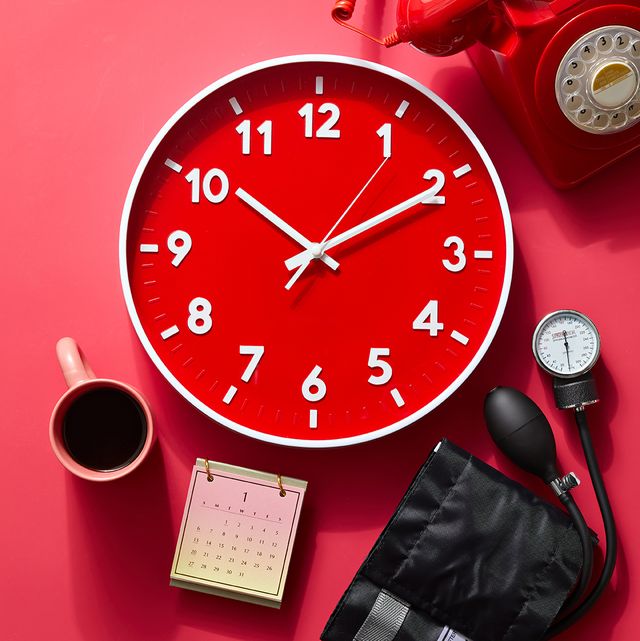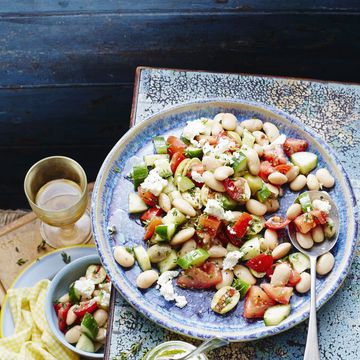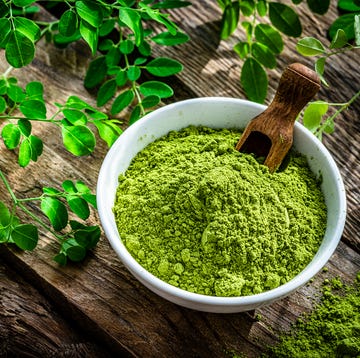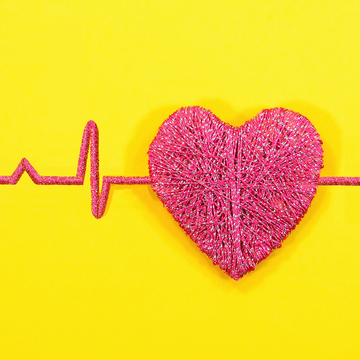The 28-Day Healthy Heart Challenge
Kickstart your health by taking one small action for your heart every day for the next month. It’ll keep your engine purring toward big benefits and a long and healthy life.

Just because they only sell giant heart-shaped boxes of chocolate in February doesn't mean the rest of the year is a long, dry romance desert. And just because February is also the month that the American Heart Association does its big push to raise awareness about women and heart disease doesn't mean you only need to think about this crucial organ for 1/12 of the year.
That's why these 28 tips to make sure your all-important ticker is functioning at its best are key any time of year. After all, heart disease is the number one killer of women, according to the CDC, and much of your heart disease risk has to do with what kind of lifestyle choices you make. Another way of saying that? A lot of your risk of heart disease is within your control. Things like how much you exercise, the foods you eat, how you manage stress and the bad habits you kick to the curb all factor in to keeping your heart happy for the duration. Get started now!

Readers Also Read

Inspirational Quotes to Start Your Day

Your Guide to the Mediterranean Diet

Should You Be Trying Moringa?

Recall Expands to Include More Skin Care Products



























